|
A debaucherous indictment of modernity and bourgeoisie notions of morality when it comes to perceptions of living a good life, Bertrand Blier's Going Places follows an anarchic structure, moving to the rhythms of its two leads - aimless hooligans who do what they want, when they want, disrupting the normative conditions of society at every conceivable turn. A brash work in vulgarity, Going Places invites ample critiques related to its misogynist undertones and depictions of sexual conquest but to say the film is empty provocation is a miscalculation, as what the film details through its formalism is an affront to the normative liberal order in the current epoch, whether it be through its pointed critique of materialism, its utter disregard for property, or the free-spirited pursuit of pleasure portrayed in which puritanical notions of sexuality or disrupted and disregarded in every regard. These characters aren't likable, they are agents of chaos who grift off and disrupt the system at every turn, yet underneath the film's unhinged, debaucherous artifice is a film which tactically reveals a youth in revolt, rejecting the system which they have been handed and its notions of freedom. Moving very much to its own rhythms, Bertrand Blier's Going Places is a film which feels like it was almost built to offend, delivering a vulgar yet pointed work which feels largely an affront to the status quo
0 Comments
Don Siegel's Riot in Cell Block 11 is a raw and unfiltered portrait of the carceral state which is salient and unfortunately prescient in its depiction which still feels extremely relevant even today. Focusing largely on the ground-up, action-reaction dichotomy between prisoners and prison guards, Riot in Cell Block 11details through a largely neo-realist framework the dehumanization intrinsic to prison-industrial-complex which firmly elevates punitive notions of justice over rehabilitative measures. An affront to the carceral state and the conditions of these institutions which operate in the shadows outside of public scrutiny, Riot in Cell Block 11 exhibits the coercive effect which media also can play - at best being complicit itself in such barbarism wielded by the state apparatus and at its worst being far more insidious, obfuscating public perception of convicts through its portrayal which posits them as nothing more than subhuman brutes. While it offers no easy answers, what Riot in Cell Block 11 does illustrate is the institutional power of the state and its cohorts - whether that be in governance, media, or carceral - illustrating through its story the importance of individual actors from within who can push these larger institutions towards effective and meaningful change. Tears to shreds naive notions about the government being nothing but its people - the state and the people are incongruous.
Jesse V. Johnson's The Mercenary is a bare-bones, low-budget redemption/revenge story delivered with blood-soaked glee. Admittedly, I'm a sucker for these type of straight-forward moral tales of a flawed mercenary which forges a new path against those whom he once allied, and while The Mercenary does show its budget at times, Jesse V. Johnson continues to create dynamic and engaging action set-pieces which deliver the goods despite the obvious budget restraints. Louis Mandylor owns this film, as the main antagonist - the leader of a group of mercenaries whose sole motivations are profit over all else. He chews up the scenery, being the perfect complement to our stoic main protagonist who through a near-death experience finds himself nurtured by a local parish, eventually rejecting the complicity he once had for the violence he committed against his fellow man for the sake of the all-mighty dollar. Straight-forward, well-paced, and delivering enough carnage to appease the average action-junkie, The Mercenary is another action-film throwback in which its lean-and-mean formalism makes it a fun bit of escapism for those who want their appreciate a well-paced, straight-to-the meat action cinema.
Carl Franklin's Devil in A Blue Dress traverses the noir narrative structure with tactical precision, showing a great understanding of the genre while it delivers a stunning portrait of post-WWII Los Angeles rarely seen in mainstream cinema, one in which segregation was rampant and the increasing African American populace, driven by the second great migration, threatened and disrupted the political power structures of the city. It's pretty remarkable how this film pre-dates L.A. Confidential, is more potent and nuanced thematically, and yet it's by-and-large completely forgotten from the collective consciousness. Features a panoply of African American character actors to admire as well as great performances by Denzel Washington and Don Cheadle, the later being a characterization which particularly stood out to me. A character which is effectively a bulldog of aggression, hardened by his oppressors to a point of sheer tragedy, his internalized pain manifesting into outer aggression. A rich work that has a lot admire
"If they hurt others it's because they hurt too". Oliver Laxe's Fire Will Come is a visually stunning, understated examination of the natural world which contextualizes the dissonance intrinsic to human nature through an understated formalism. The picturesque rural Galacia serves as the perfect setting for Laxe's exploration of man and nature, one in which nature as a provider, creator, and destroyer is juxtaposed against humanity's own oscillations between kindness and violence. The elliptical cycle of destruction and re-birth, the purity of a mother's love juxtaposed against a community's judgment and resentment. The omnipresence of nature, a force that humankind is at the mercy of despite our collective narcissism. A miraculous film.
Featuring a beautifully balanced performance of vulnerability and strength by Jill Clayburgh, Paul Mazursky's An Unmarried Woman is a highly relatable - at least for me - examination of a post-divorce identity crisis, in which its lead protagonist finds herself stunned when her husband of over a decade reveals out of seemingly nowhere that he is leaving her for someone else. I say highly relatable in that it captures the ennui associated with any transformative event in one's life, exhibiting the uncertainty and fear associated with forging a new path, which can feel extremely insurmountable in the short-term temporal spaces which our consciousness tends to inhabit - once again, very relatable. An extremely New York film in all the right ways, some of the best attributes of An Unmarried Woman are displayed in the colloquies between girlfriends, illustrating the support system needed by any individual with frankness and earnestly that feels vibrant yet full of differentiation. Life is long yet moments of emotional trauma feel endless.
Don't let the low-budget aesthetic and a seemingly straightforward revenge narrative structure fool you, as Jamaa Fanaka's Welcome Home Brother Charles is a quietly incisive work on the African American experience in America. Featuring a narrative which revolves around Charles, a man who gets out of prison and seeks vengeance against the agents of the state who violently assaulted him, the film has a seemingly straight-forward conception, yet lurking in the subtext of this film is a biting critique of the socially constructed framing of blackness. Exhibiting this strict, crude dichotomy between the black body and mind, which was created by the majority due to it deeming the black body useful while the mind nothing but an agitative force which must be repressed, Welcome Home Brother Charles enunciates the fragility and fear of blackness from the white majority, illustrating the cognitive disconnect it places between the emancipation of the body and the mind. Without going into details - it is far better the less you know, the body is a retributory tool for justice, which through violence and seduction enacts its revenge against its oppressors. For much of the narrative, this character reclaims his power through retributive justice and yet the film’s finale denouement features a far more somber tone. Retribution transitions to pain, as the film through ambiguity, removes itself from its heightened revenge tale to poignantly reveal the underlying pain of a community, with our central protagonist struggle for justice being synonymous to so many others who just seek nothing more than fairness and justice under the state
The war-torn lands of Chad, which have suffered through decades of civil war and unrest, serve as the perfect backdrop for Mahamat Saleh Haroun's Dry Season, a film that wrestles with issues related to restorative justice through its intimate formal and narrative construction. Astutely re-contextualizing retributive justice through a deeply empathetic lens, Dry Season examines how individual-based altruism can lead to collective progress, revealing in its denouement the positive-sum externalities placed on larger society as a whole when the anger subsides, and forgiveness takes root. The complexities and pain intrinsic to war and mass social conflict which reverberates for generations are displayed through a quiet yet deeply effective structure, stewing with tension and it deconstructs the aesthetics of violence. Violence against the other is easy, but when there is a level of familiarity its true destructive impact becomes more cognitively clear. The paternal relationship which unfolds is extremely well crafted, oscillating seamlessly between moments of tension and the threat of violence to extremely tender moments that display the evolving, symbiotic components of this subversive relationship between a young man and the man who killed his father during the civil war. One of the best films dealing with notions of vengeance and justice I’ve seen in recent memory, coming from a filmmaker who unfortunately has experienced large scale conflict for far too long, which certainly explains this astute, mature vision of forgiveness.
Stephen Chow's Love On Delivery is a truly manic effort that is hard to even quantify, pulsating with a seemingly unending and unrestrained creative energy that lacks precision while showcasing Chow's innumerable talents for satire and social commentary told through a largely slapstick comedy structure and form. Overflowing with ideas the plotting of the film itself becomes ubiquitous to a point of near irrelevance, giving way to a truly frenzied experience that sees Chow casting a wide net for his commentary that is unquestionably overstuffed but highly enjoyable due to its unhinged antics. From a thematic perspective, the film's main virtue is its assault on the performative nature of masculinity - in particularly the construct of toughness - as Chow satirizes with glee the facade of masculinity which projects only a stoic resolve, absurd in its unwillingness to embrace the vulnerabilities or sensitivities intrinsic to the human experience. There is so much in this film, and it certainly could be described as a bit messy, but tonally the film is wholly consistent - a manic effort which lets Chow unleash his creative inertia all over the cinematic canvas
At the time of writing this, I've only seen three of Mani Kaul's films and yet I have not a shred of doubt in proclaiming he is an astonishing and essential filmmaker who must be sought out by anyone with an interest in the cinematic medium. With Nazar, Kaul's concocts a minimalist masterpiece of marital ennui, the epistemological nature of the observational eye attempting to unearth and understand the metaphysics of emotion. Opaque and challenging in its unwillingness to provide a defined narrative framework, Nazar relies on a cinematic grammar that is deeply lyrical and extremely rewarding for those willing to embrace more unconventional aspects of storytelling. Memory and reality blur, the confined spaces which husband and wife inhabit offer the film's structural framework while a sensitive yet penetrating lens invokes the underlying despondency and stagnation of a marriage through its excavation of the familiar. Reminiscent of Antonioni in some respects, Mani Kaul's Nazar's remains a singular work, a film in which you experience more than comprehend in the moment, though it reverberates in one's consciousness long after the credits roll
|
AuthorLove of all things cinema brought me here. Archives
June 2023
|
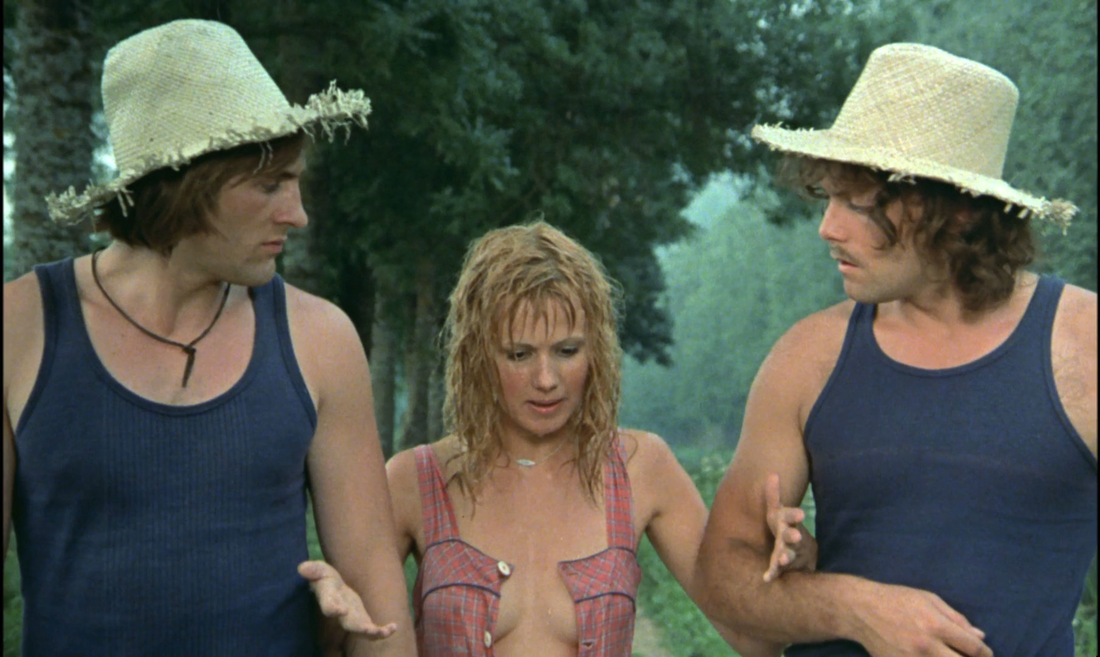
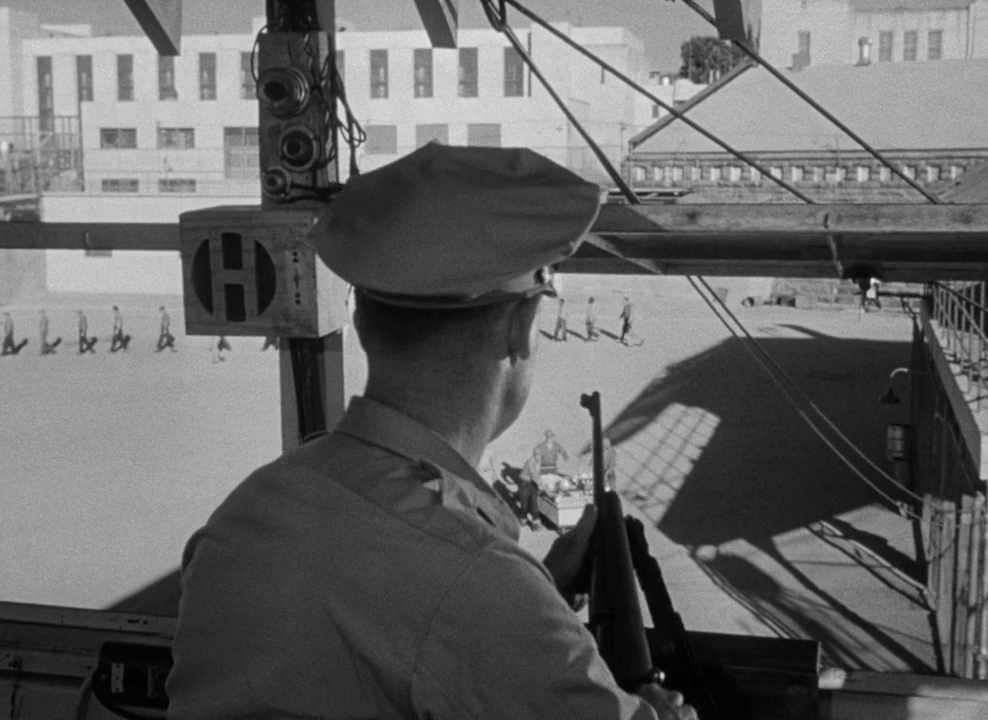
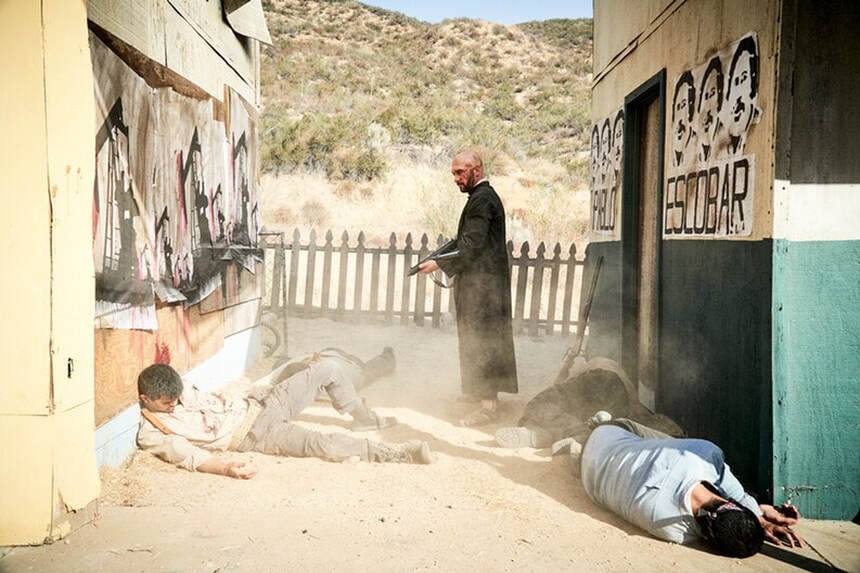
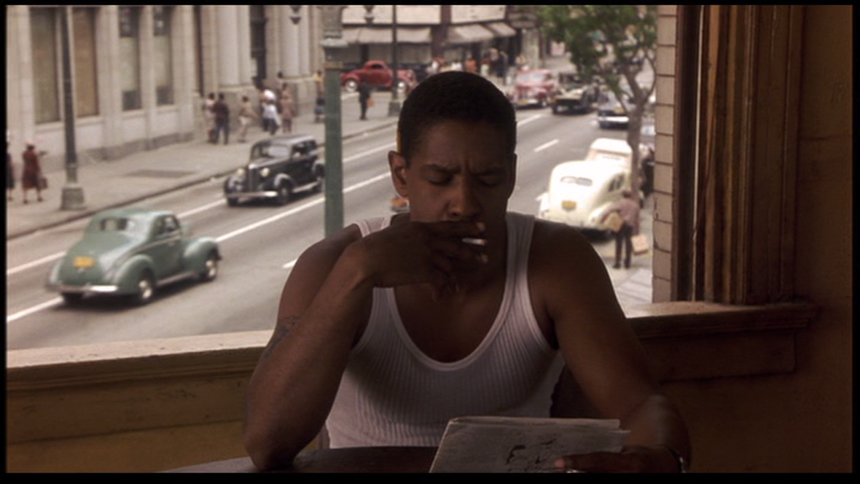

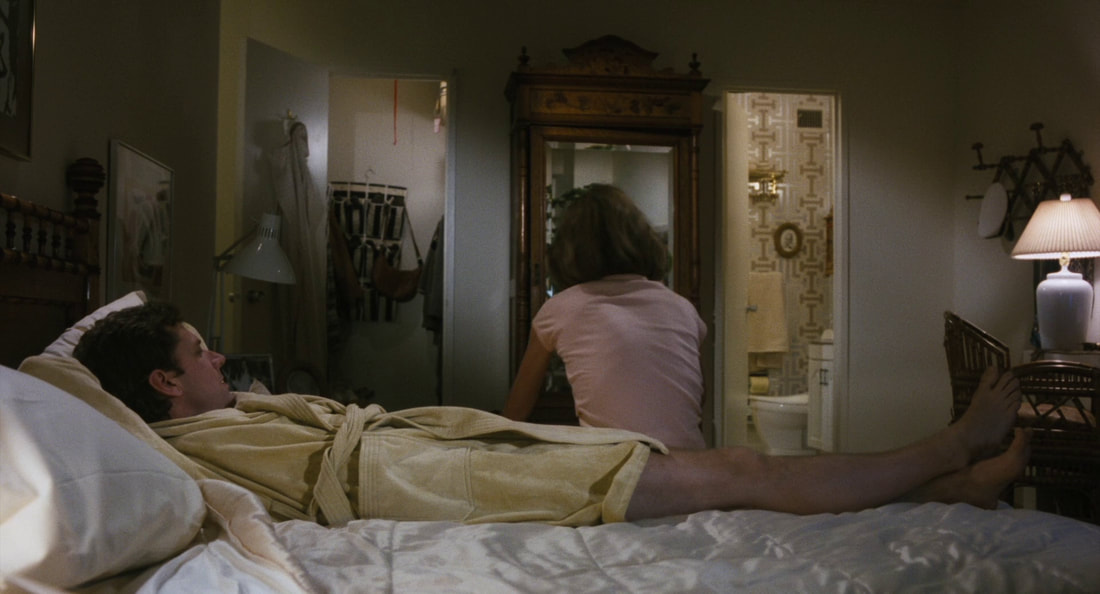
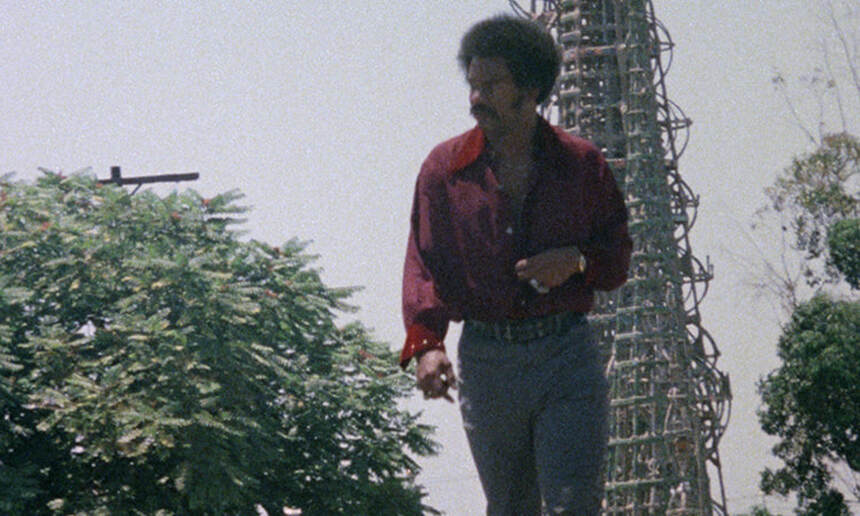
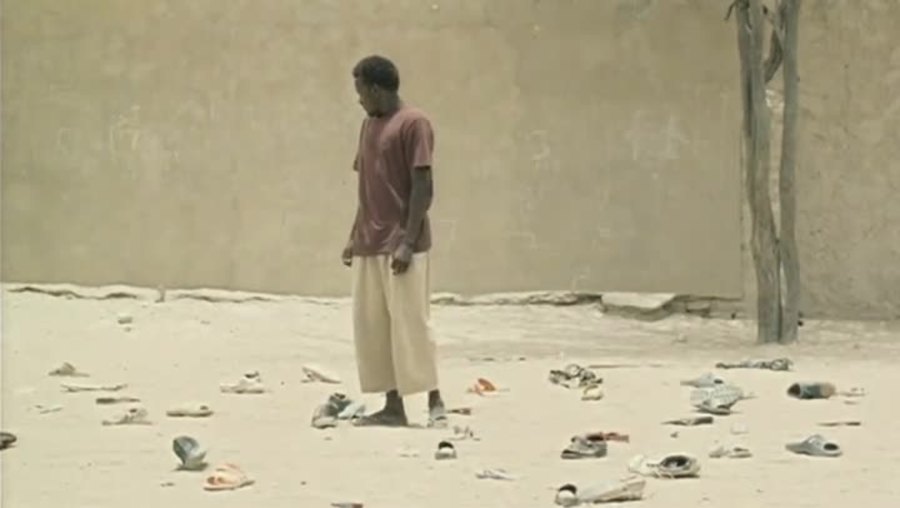

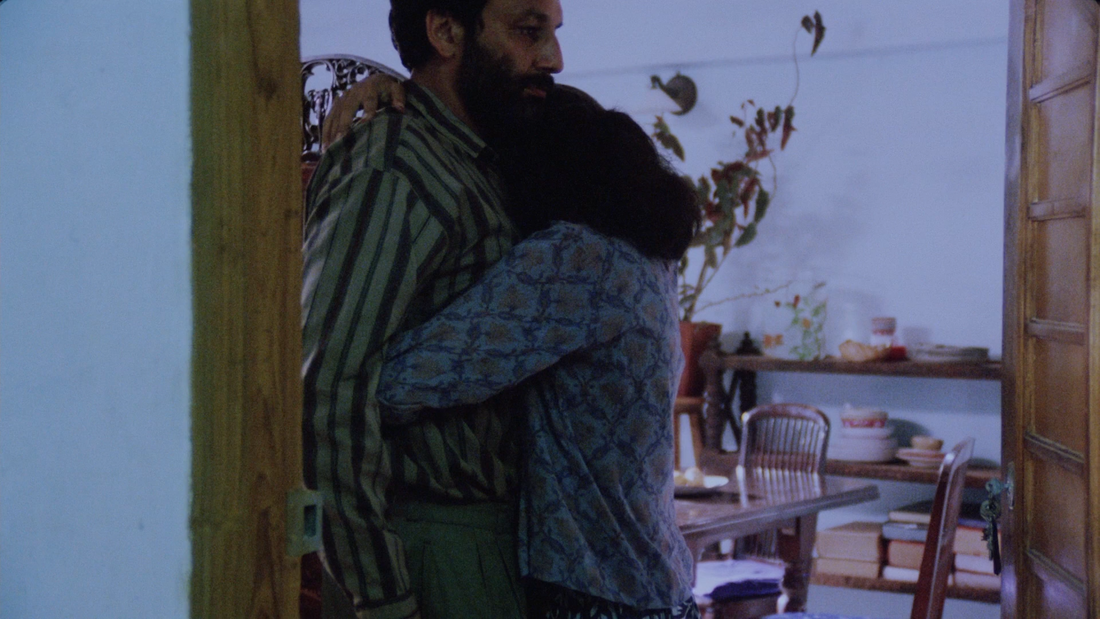
 RSS Feed
RSS Feed
